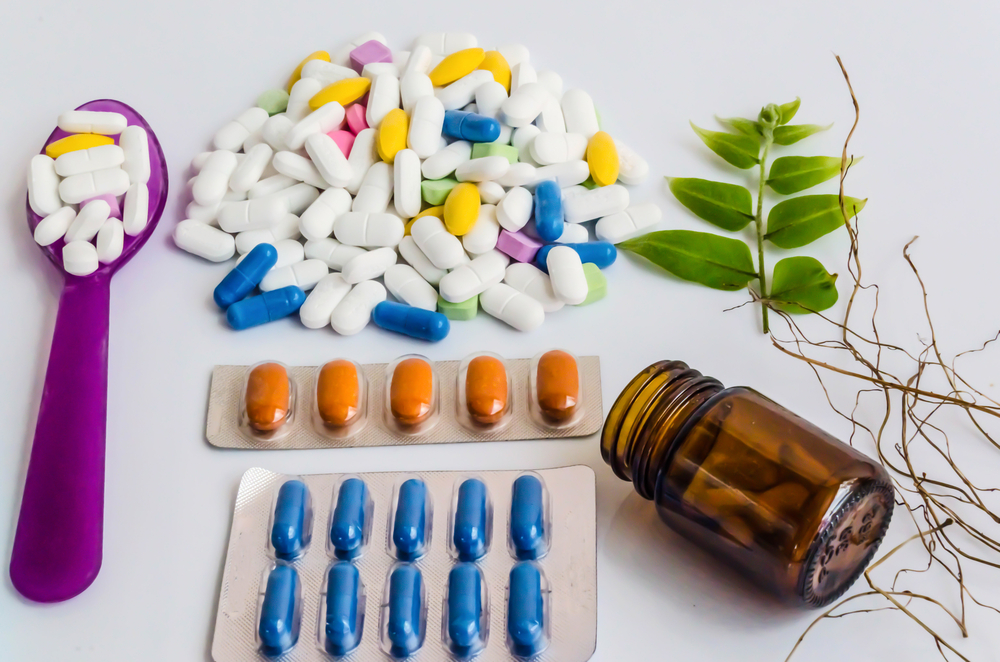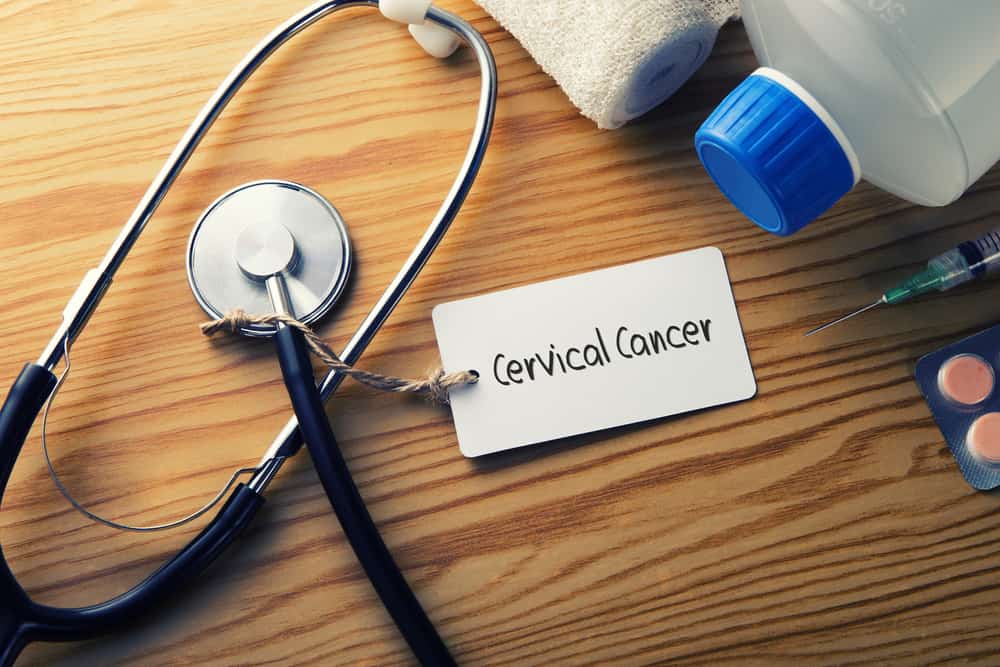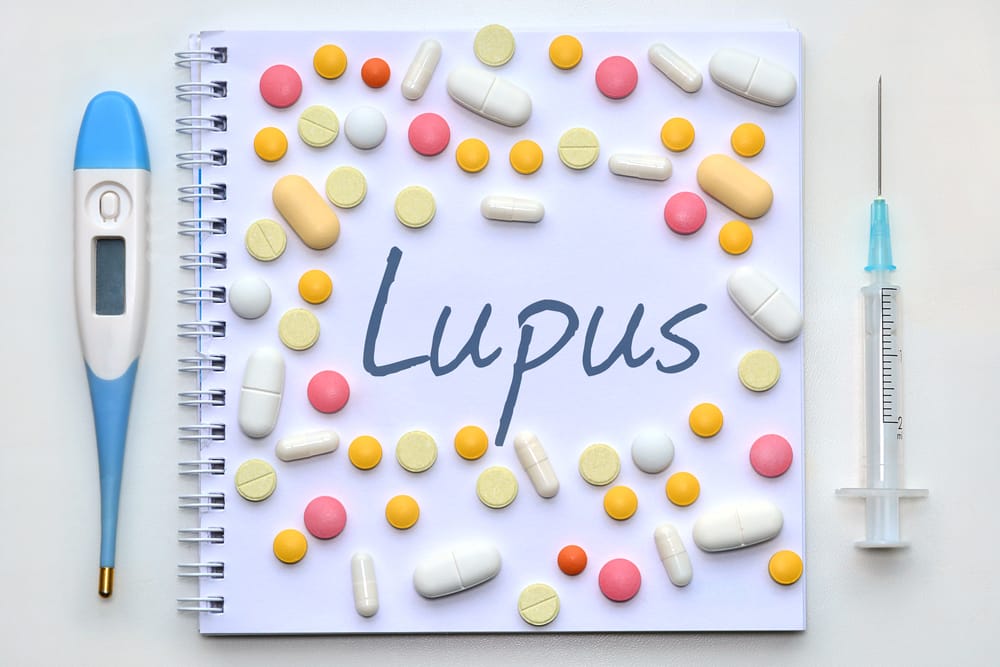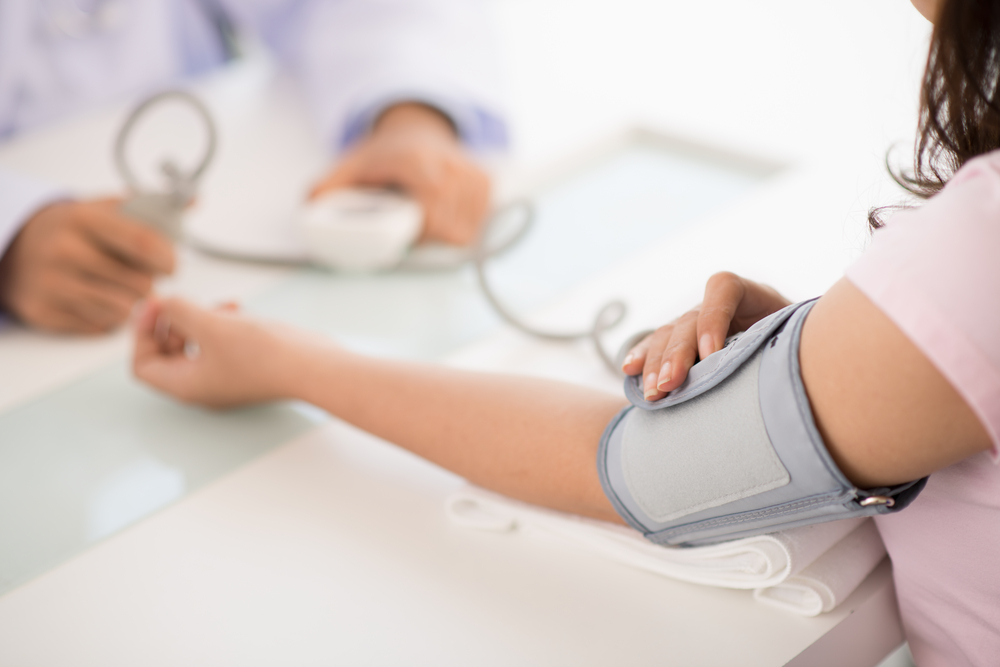Contents:
- Medical Video: Having sex with a heart condition - Gemma's story
- Is sex safe for people with heart disease?
- Why do I feel I don't want to have sex?
- Can heart medications interfere with sex life?
Medical Video: Having sex with a heart condition - Gemma's story
Like most other people, people with heart disease still care about sex problems. However, if the heart has a problem, the mind becomes gloomy. You might worry that sex can make your heart recur, or even heart disease kills your sex drive. If heart problems interfere with sex life, talk to your doctor.
With a little help and comfort, many people with heart disease can have a satisfying life — including sex.
Is sex safe for people with heart disease?
Some people have suffered a heart attack during sex. However, many people also suffer heart attacks while driving to the market, watching evening news, or playing with grandchildren. A heart attack can appear at any time, and most heart attacks appear without any physical burden. In short, life is indeed full of risks.
Fortunately, the risk of heart attack in sex is very small. Sex might make your heart beat quickly, but no more than walking around the house or climbing 2 steps. It is estimated that intimate relationships cause less than 1% of all heart attacks. In addition, among people with heart disease, the chance of suffering a heart attack in 2 hours of sex is around 1 in 50,000. You are more likely to be struck by lightning than to die of sex.
However, for a small number of patients, sex can be dangerous. According to a report in the Journal of American Cardiology, you may have to stay away from sex — at least temporarily — if you experience the following conditions:
- Angina is not stable. Doctors use this term to refer to severe angina (chest pain), become more frequent, or appear while resting
- Beginning of angina (chest pain due to heart problems)
- Hypertension (high blood pressure) is uncontrolled
- Advanced heart failure (marked by shortness of breath when resting)
- Heart attack in the last 2 weeks
- Certain arrhythmias (abnormal heart rhythms, especially in the ventricles of the heart)
- Cardiomyopathy (weak heart muscle)
All of these conditions can increase the risk of heart attack or death during sex, but that does not necessarily mean the end of sex life. With proper treatment, for example, drugs to control blood pressure or prevent angina, you may be back healthy enough to have sex.
For lower levels, sex may also be at risk if you experience mild angina, early heart failure, a history of stroke, heart attack in the last 2-6 weeks, or at least 3 major risk factors for coronary heart disease (such as obesity, high cholesterol, and hypertension).
If there are questions about the ability to withstand sex, your doctor will examine your heart and your overall health. Your doctor may carry out a stress test, an examination that monitors your heart when you exercise on a treadmill or stationary bicycle.
With your doctor's permission, you may be able to continue your full sex life. However, you may need to be careful, for example, using a position that is not too burdensome, or taking heart medication right before sex. There is no reason you should not enjoy closeness and intimacy throughout your life.
Why do I feel I don't want to have sex?
Sex may be safe for a large number of patients, but it is not always comfortable. A survey of 500 men and women who survived a heart attack found that the frequency and satisfaction of sex decreased dramatically in the first few months after a heart attack.
Among heart patients, decreased sexual appetite often originates from depression, which affects 1 in 3 patients recovering from a heart attack. This condition often decreases sex drive, and in men, can cause erectile dysfunction.
For many people, time is the best medicine. After a few months, the mood may improve and arousal will reappear. However, some patients need counseling or medication to relieve depression.
Remember that some antidepressants of fluoxetine (Prozac) can reduce sex drive. If you have overcome depression but still don't want to have sex, talk to your doctor about changing medication or reducing the dose.
Can heart medications interfere with sex life?
Ironically, drugs that are good for the heart can interfere with sex life. Many blood pressure drugs, including diuretics (such as hydrocholorothiazide and chlorthalidone) and beta blockers (such as carvedilol and propanolol) can reduce arousal in men and women and cause erectile problems in men. Digoxin, useful for treating heart failure and some arrhythmias, can have the same effect.
You can reduce the risk of sexual side effects by taking medication according to the prescription. If you still have problems, talk to your doctor. Doctors may be able to reduce doses or change drugs that might not interfere with sex life. ACE inhibitors such as captopril (Capoten) or enalapril (Vasotec) can reduce blood pressure but rarely cause sexual side effects. Valsartan (Diovan), a blood pressure drug similar to ACE inhibitors, may be another good choice. In a study of 120 men published in the February 2001 issue of the Journal of American Hypertension, the drug actually seemed to improve a patient's sex life in a few months.
Finally, it's important to stay active. Exercise is not only able to improve the condition of the heart but also helps sex life.
READ ALSO:
- Common symptoms of heart disease in men
- Calculate your risk of heart disease
- What you need to know about sex after a stroke












